When Vice President Kamala Harris stepped up to bat for the Democratic Party at the last minute, a longstanding question central to American gender equality resurfaced: After nearly three centuries of elections, why has America failed to elect a single female president?
The fact is that in a nation still riddled with misogyny, being female is in of itself a political disadvantage. The British scientific journal Nature Journal published an article arguing that gender bias against female politicians is often related to “backlash theory,” which states that “gender stereotypes are not only descriptive, but also prescribe how males and females should act.”
According to backlash theory, sexist stereotypes implicitly become more akin to standards with which women are expected to conform than declarations about the way women already are. A woman amassing political power opposes the prescriptive stereotype that female nature is unassertive, thereby triggering the outrage and disgust of people who are convinced not only that women “just are” unassertive but that they must be.
Attitudes like these have been shown to directly affect the polls. A 2018 study of the 2016 U.S. presidential election determined that sexist thinking steered voters away from Hillary Clinton’s ballot at the voting booth. Combine this research with her gender, and Kamala Harris’s entrance into the presidential race was bound to make gender a defining factor in the public perception of her and of the Democratic party.
“When women run for office,” director of research at Rutgers University’s Center for American Women and Politics Kelly Dittmar told Newsweek, “they face harassment…done in gendered or sexualized ways.” A study showed that mentions of Harris’s name and the use of the word “b*tch” in google searches and social media hashtags rose concurrently by 1,050% in the weeks following Kamala’s instatement as the democratic presidential candidate, often occurring within the web histories of the same users.
In a conversation with Newsweek about the use of the term “b*tch” against female politicians, founder of the feminist organization Stop Online Harm Saijai Liangpunsakul said, “This is a form of backlash against women’s progress…it’s a tactic of suppression that reflects society’s deep-rooted discomfort with women wielding authority.”
Other attacks on Harris have centered around accusing of “sleeping to the top,” expressed through vulgar taunts like “Joe and the h**.”
Feminist journalist and public speaker Sarah Haider wrote, “The quickest way to discredit the hard work of any successful woman, is to insinuate that she must have slept her way to the top.”
Haider adds, “Interestingly, by peddling this horribly sexist accusation, men are…admitting that they see women as capable of having no other claim to their name than their bodies, and that they view them as mere sexual objects.”
Furthermore, a study published by Cambridge University found that the threat that being female poses to political success extends beyond the realm of pure misogyny: even those who hold more humanizing views on women can contribute to their failure in the ballots by opting against female candidates “…not because of overt sexism… or even implicit bias…but because of more complicated fears about whether candidates with these identities can win… about whether other voters will support them.”
This is all to say that we do not live in a world that is willing to evaluate a female presidential candidate without considering her gender. In such a world, perhaps the smartest move is to spin one’s womanhood to her own advantage rather than attempt to ignore the effect it inevitably has on her campaign. Though the results of the election did not suggest that they were more consequential than the disadvantages, the advantages that Harris can draw from her gender are many.
For one, the prospect of a female president excited many female Harris supporters. “It’s emotional just to be alive during a time where a woman is even on the ballot,” Texan hairstylist and small-business owner Sess Lee told CNBC News as part of an interview survey in which several female voters reflected on how Harris’s gender affects their feelings on the 2024 presidential election.
Though every woman interviewed expressed that Harris’s policy on the political issues that matter most to them was the ultimate deciding factor in whether she had their vote, the majority of them also expressed their appreciation for the novelty of seeing themselves represented on the presidential ballot.
Another advantage for Harris in the world of gender issues is her fierce pro-choice policy on abortion, an issue that has always been among the most relevant for American women and which has gained attention in the years since Roe v. Wade was overturned.
“A woman’s choice is something that’s so personal to her, and it really should be no one else’s decision,” University of Michigan student and pro-Harris campaigner Lola Nordlinger told BBC news
Nordlinger’s fellow activist at the U of M Adrianna Pete added; “I feel like a lot of women are rising up.”
Finally, the celebration of Harris’s gender has also manifested in a more lighthearted vein – pop music. An irreverent feminine zeitgeist in pop culture spread through touchstones like rising star Chappell Roan’s hit “Femininomenon” and the “brat” meme inspired by the Charli XCX song of the same name has created a route for Harris to gain relevance with female Gen Z.
This past August concluded what was known as”‘brat summer,” named after a song by pop artist Charli XCX who said the song celebrates the spirit of “…that girl who is a little messy and… who feels herself, but then also maybe has a breakdown, but kind of parties through it. Who…is very honest, very blunt…”.
In an interview with the New York Times, Washington, D.C. resident and Charli XCX fan Kelly Thompson elaborated that “brat” means “someone who…doesn’t conform to expectations.”
TikTok trends crafted an archetypical “It Girl” out of these descriptions, declaring any woman from personal acquaintances to celebrities who seemed to embody some element of that flippant and expressive spirit as “brat.” Using the trend that her song created to promote her choice of presidential candidate, Charli XCX tweeted, “Kamala IS Brat,” triggering a wave of pro-Harris memes and fandom-style edits celebrating Harris by associating her with the song and its message.
Theorizing that trends like the “Kamala is brat” meme have the potential to win support from Gen Z by “meeting [young voters] where they are,” Harris’s former speechwriter Gevin Reynolds said that he thought it would be “extremely smart for [Harris] to lean into the meme.”
Harris’s campaign team have been taking his advice, expanding Harris’s association with femme pop power beyond the bounds of Charli XCX and “brat” by invoking lesbian pop star Chappel Roan’s song “Femininomenon.” The song is essentially a cathartic anthem about a woman rejecting heterosexual romance to find deeper fulfillment in relationships with women – but on a broader level, it serves as a celebration of female independence that transcends sexual orientation.
Shortly after Joe Biden left the race, Harris’s campaign team used the song for a promo video released on social media. The core of what the cultural phenomenon generated by “Brat” and “Feminomenon” celebrates – women who express themselves in a “very blunt” way and don’t “conform to expectations” – is a way of being that defies the restrictive gender roles that voters who exemplify backlash theory demand that women conform to.
Therefore, it is inherently revolutionary in the same way that any female presidential campaign is. For every person who recoils at the sight of a woman campaigning to lead a country, there is a female American for whom that same sight ignites hope. To some, this political female incarnation of success and guts makes Harris a “b*tch,” but to others, it makes her nothing short of a “Femininomenon.”














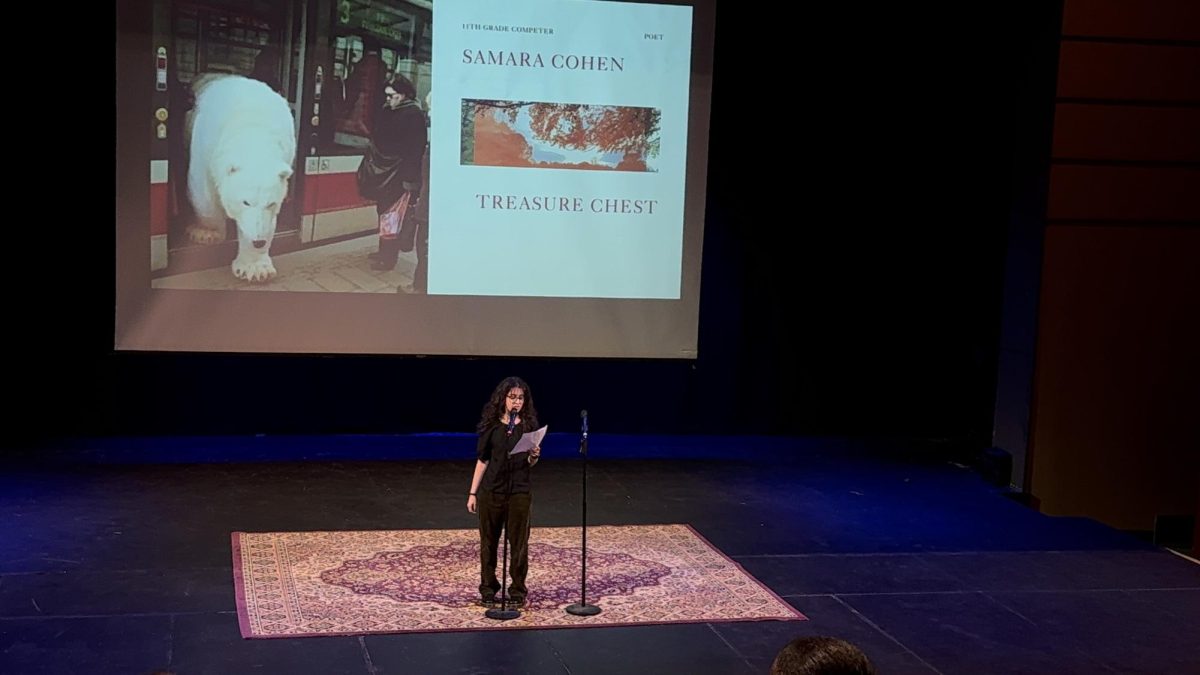
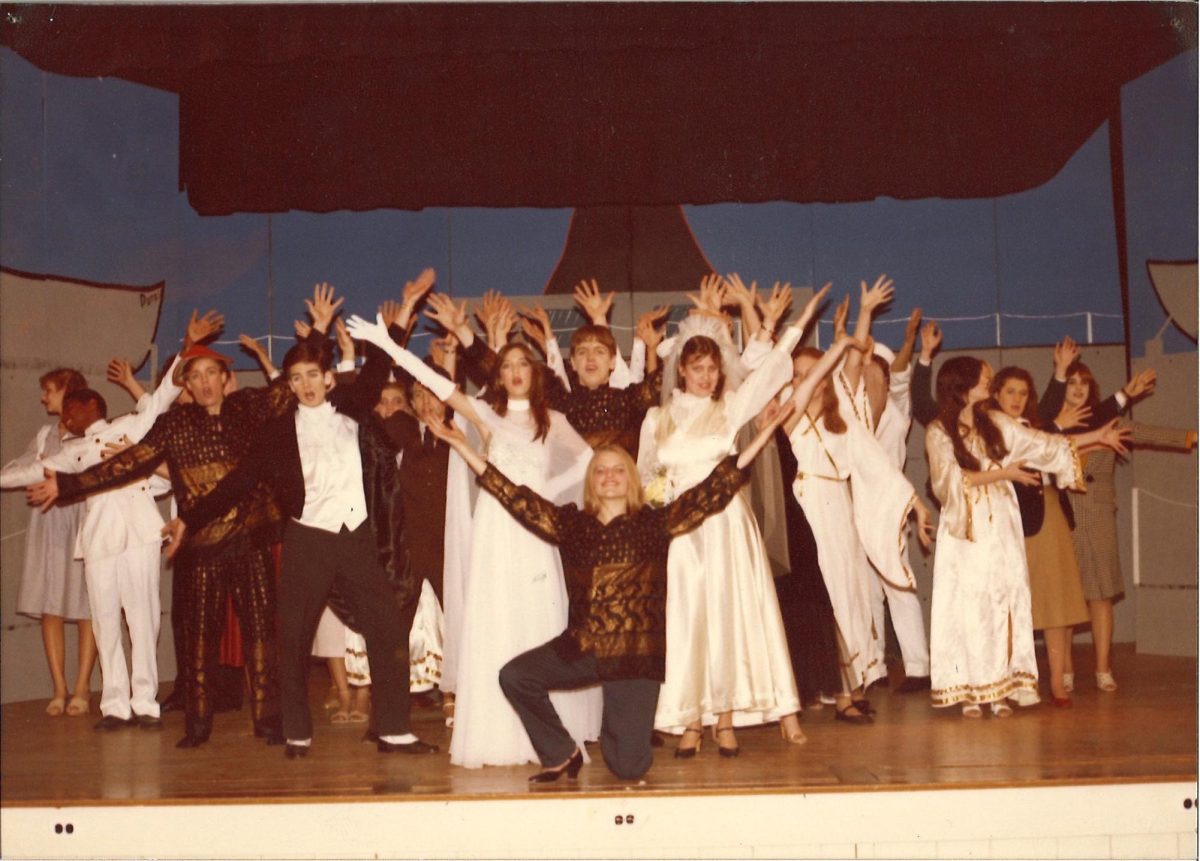

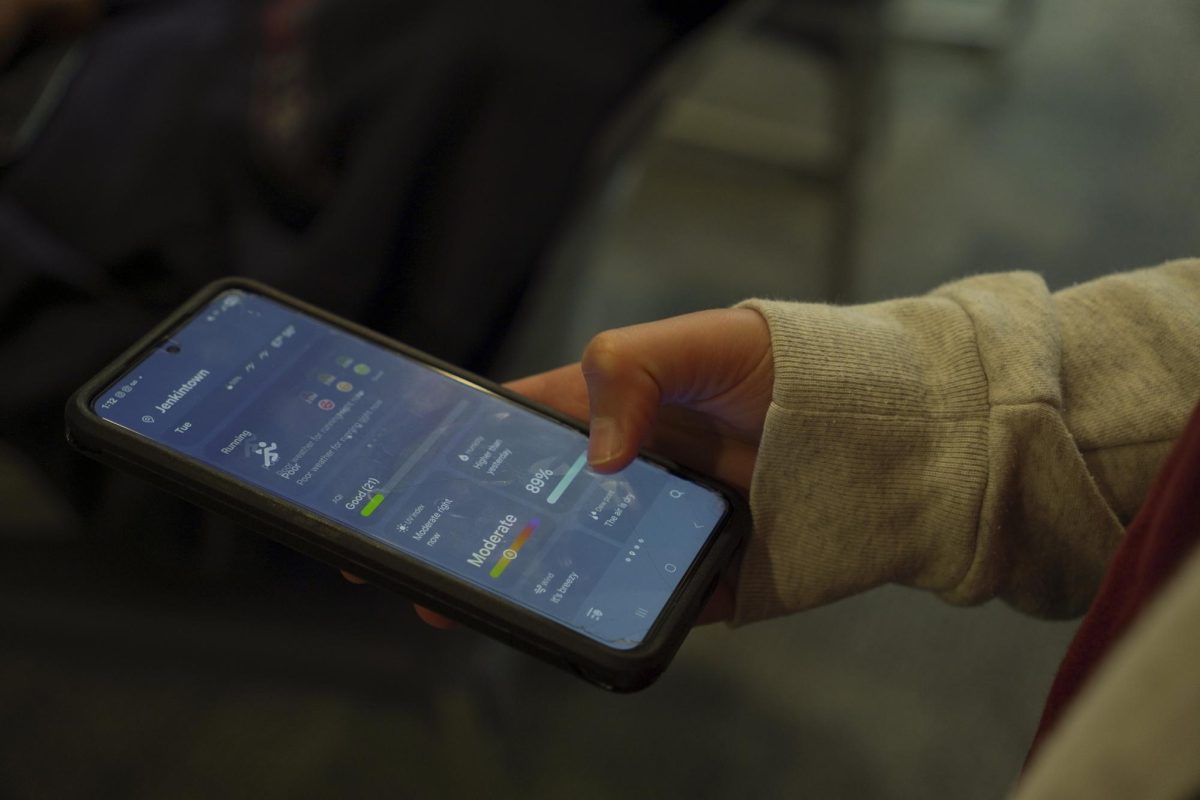


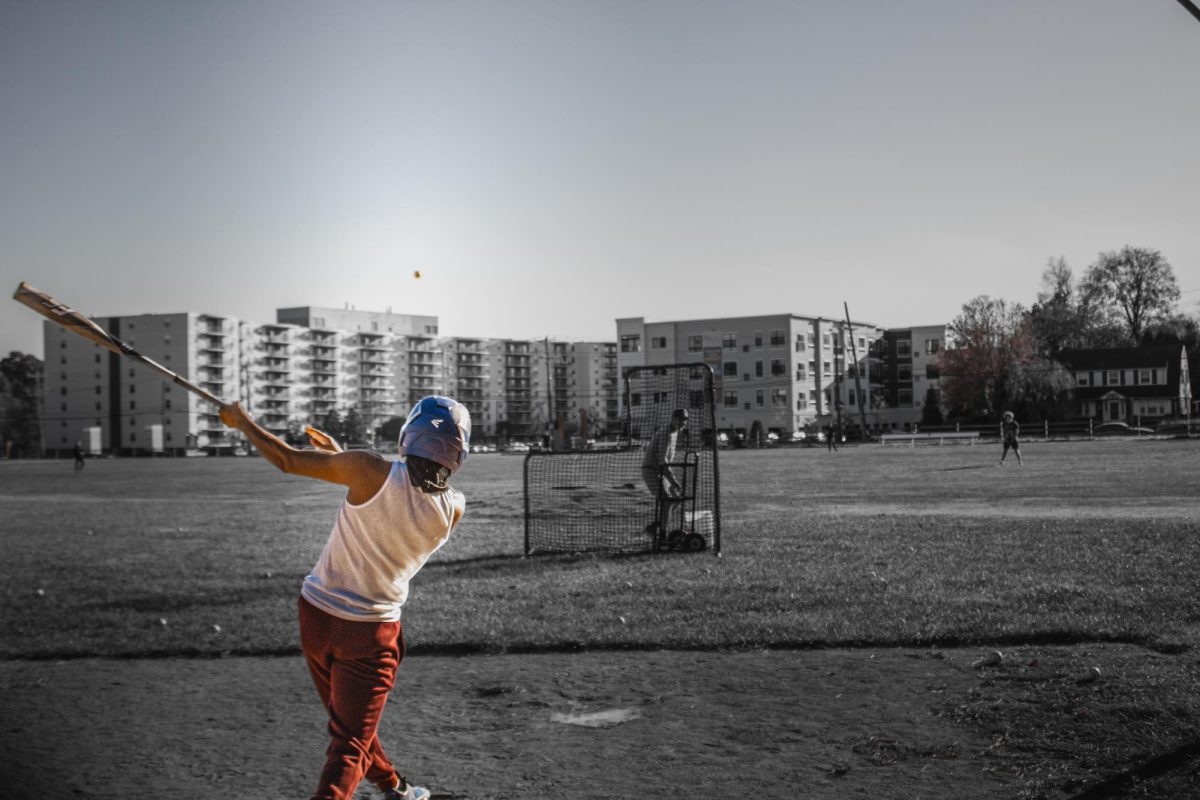
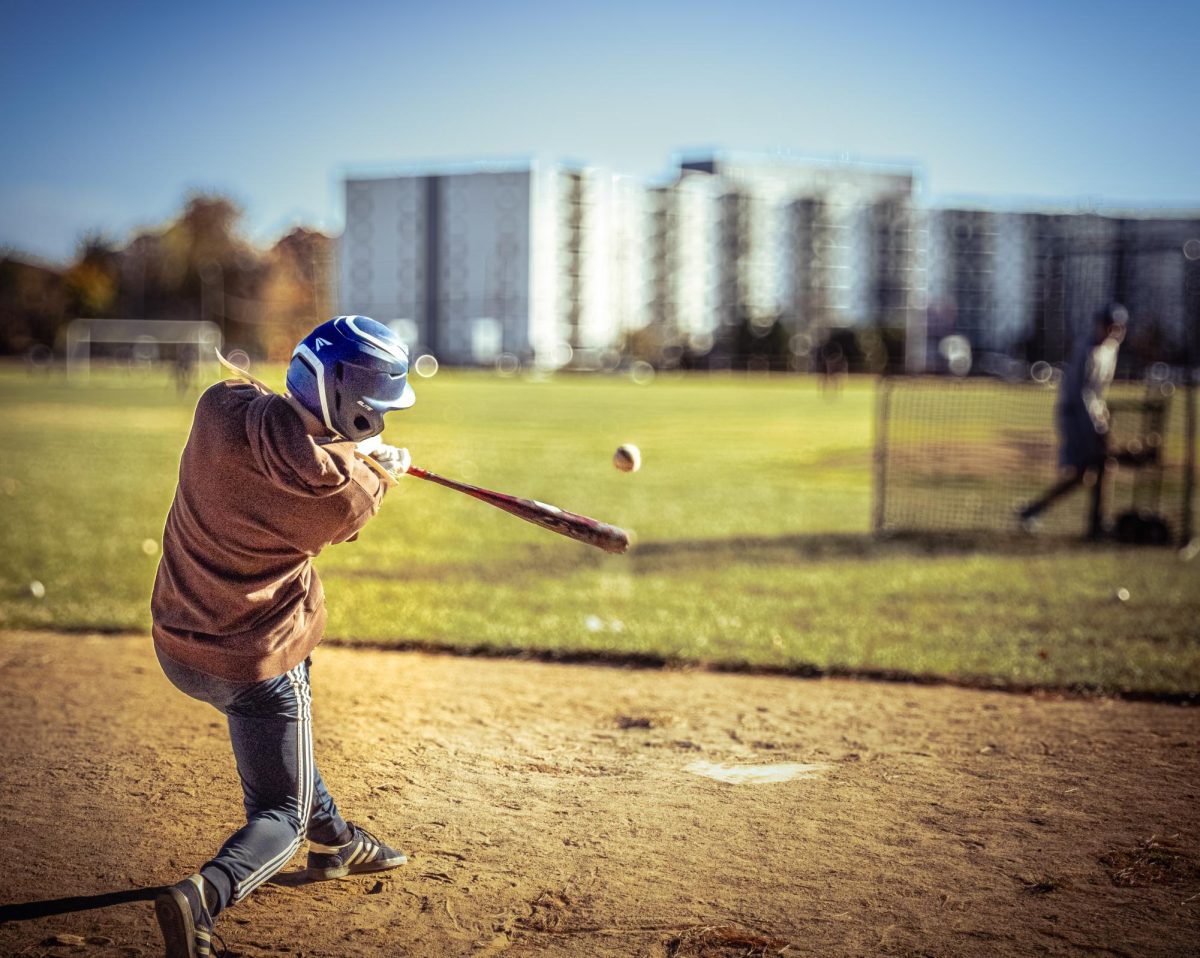

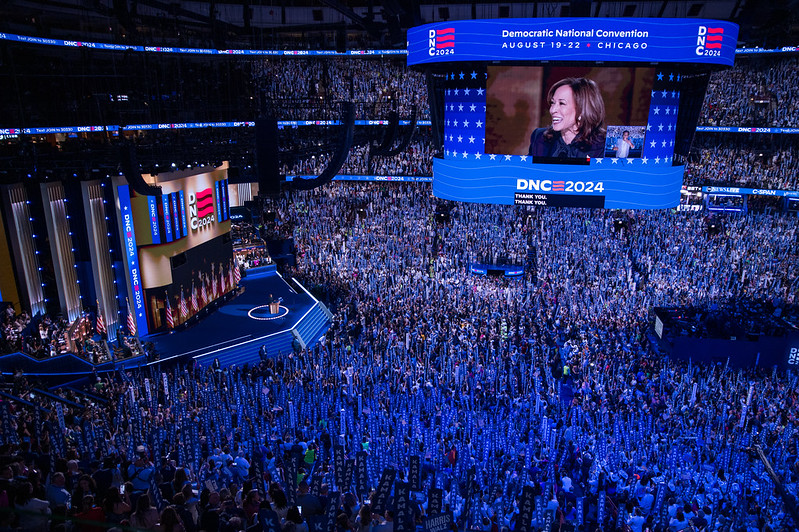
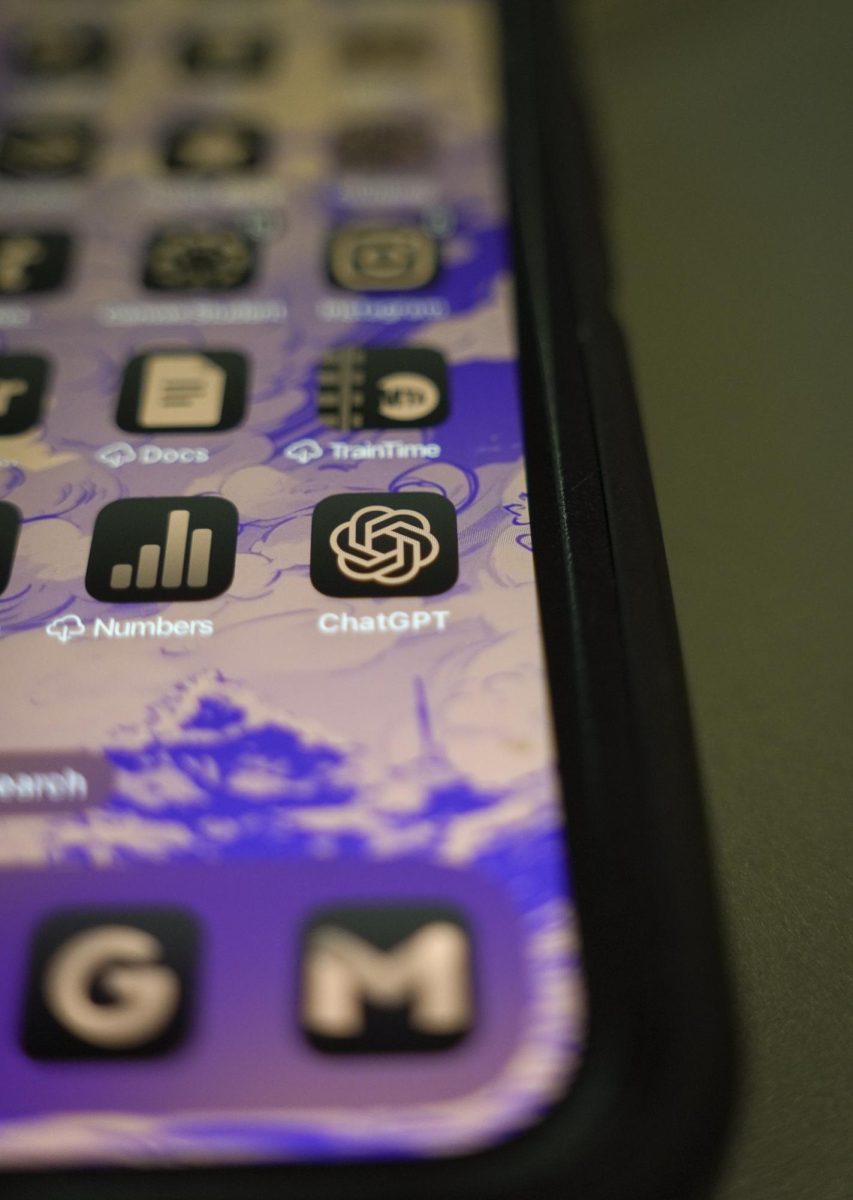
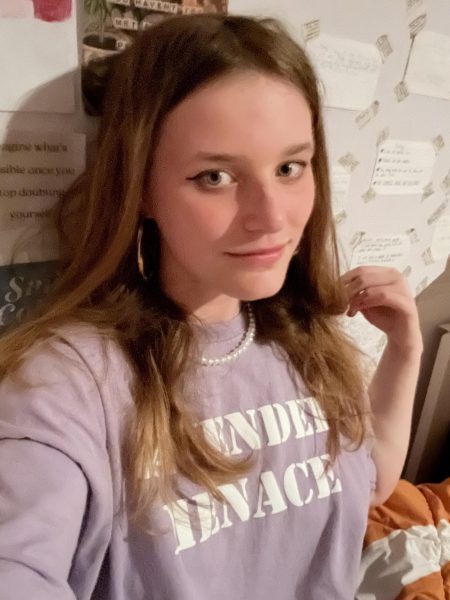
John • Dec 18, 2024 at 10:31 am
It’s hard to know for sure how much gender affected the vote for this presidential election. In my opinion, Both candidates had very poor policies and made it very difficult for people to pick one. For me, Kamala was a clear choice for women as her policy about abortion seemed clearer and helped out women of our country giving them the right to abortion. However, 44% of women under 45 voted Republican, and 48% over 45 felt the same. The female split for the election was much closer to an even fifty percent making it very hard to tell if abortion even had any significance in this election. The same goes for the male vote with it leaning slightly more Republican but by no more than 10%. With statistics this close, I find it hard to believe that gender has a large significance while I can understand that some voters may have been sexist with their vote. At the end of the day, I think more people in our country believe in trump weather or not I agree with them. I think this makes me realize how important it is to vote when I am able.
Dean sadowski • Nov 26, 2024 at 8:44 am
The topic of gender in the presidential elections comes up a lot especially since the two woman candidates we had both lost to the same man. I don’t think specifically this election it affected the election as much only because of how badly Harris lost the election compared to 2016 where Hillary won the popular vote vs this year where trump finally won the popular for the first time I believe. Even with that being said I do believe it affected this election and I wonder if her being a woman and being a black woman is what made this case worse for her? Racism is still very present in or country and doesn’t seem like it’ll ever end because of peoples own self hatred and upbringings as children. I genuinely believe that in our generation we will see a woman become president but the stars will need to align perfectly on that day because of how much of a disadvantage it could be in a country that is bias,sexist, racist and misogynistic. There are some things we can’t change because everyone is entitled to their own opinion but how do we move around it going forward and make history?
Malea • Nov 26, 2024 at 8:16 am
I think both Kamala’s race and gender played a big role in her run for presidency. Differing from Clinton in 2016, she seemed to mainly be focused about her gender while that was not Harris’s goal. The fact that she was a woman gave people more of a feeling like they had a voice. Her being vp beforehand benefitted her and that people knew about her and the way that she worked. In today’s day and age, people are for some reason not able to accept a Woman into office and that was a leading factor into why she didn’t win the election. Other than the fact that former president trump would constantly speak on her race questioning the validity of how she identifies. As a white man, he wouldn’t know the first thing about the importance and fluidity of identity within minority groups. Because he would speak about it, his supporters would also speak on it, spreading fake news that trump endorsed. I knew about Harris’s link to celebrities, typically younger women would speak about her. They didn’t influence me on anything I didn’t already know or support.
Henry Goldstein • Nov 25, 2024 at 1:06 pm
I think that gender played a role in this election, but not nearly as much as it did in 2016, mostly because Kamala Harris herself did not focus on the historical nature of her candidacy as a woman This is something Hillary Clinton frequently mentioned during her campaign, which many saw as a factor to her loss to Donald Trump. But I think those who oppose Kamala Harris tended to use her gender against her. For example, in 2016, people thought that the White House was no place for a woman. One example people used was that she would easily start a new war because she was a woman, which I think is just absurd. Personally, I think that the United States is ready for a female president, but I wonder if some people in the Democratic Party will want to hold off on nominating a woman in the near future due to the losses they faced in 2016 and 2024.